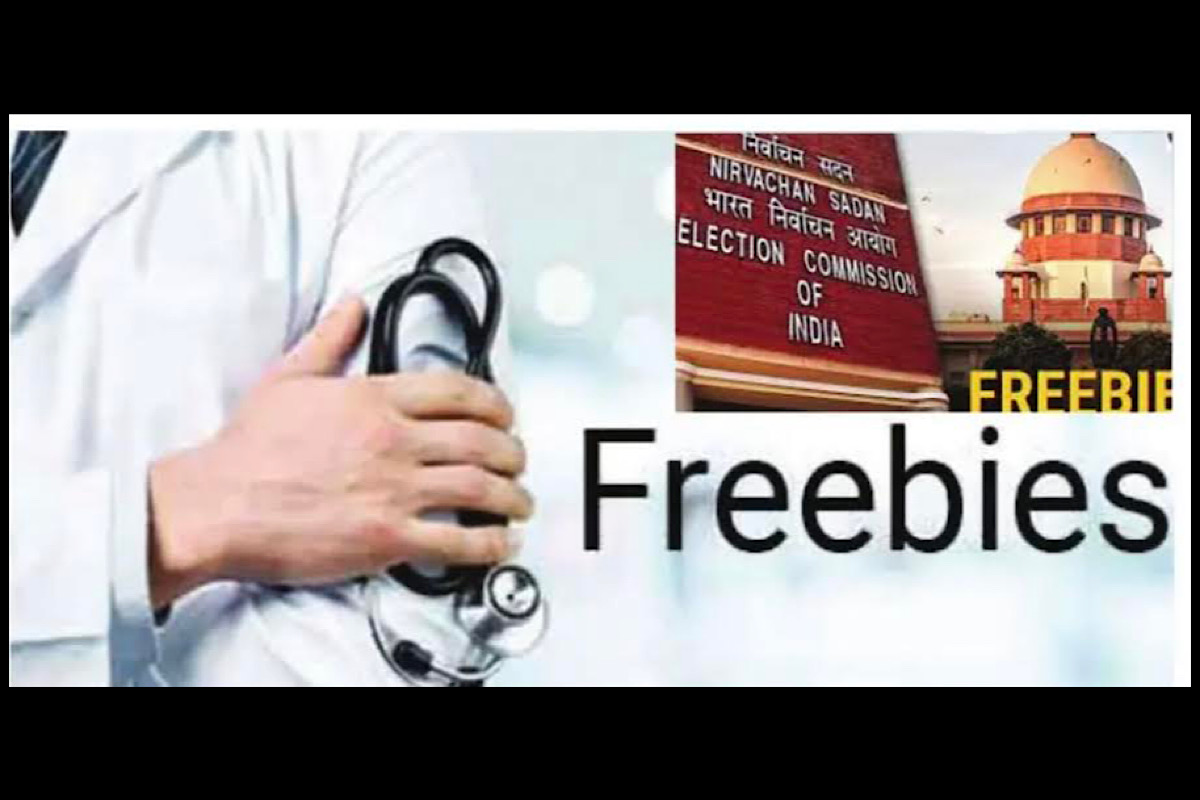As the Centre gears up to set up the 16th Finance Commission, a critical issue looms large freebies. These political handouts, often in the form of subsidies, have become a double edged sword, providing immediate electoral gains but casting a long shadow of fiscal irresponsibility.
It is high time that the next Finance Commission tackles the issue head on. Freebies must be in its terms of reference and the panel should propose a comprehensive solution to this fiscal menace, invoked for the sake of votes. The proliferation of freebies in Indian politics is undeniable. Across the nation, states are grappling with financial stress. Yet, this has not deterred them from announcing lavish giveaways that seem more aligned with winning votes than securing their fiscal future.
Advertisement
The Centre’s concern over this trend is warranted, as it threatens the nation’s financial stability in the long run. The problem with freebies lies not just in their short-term appeal but in the long-term consequences. Governments, at both the central and state levels, often bypass fiscal laws like the Fiscal Responsibility and Budget Management (FRBM) Act to fund these freebies. The act, designed to ensure fiscal discipline, is routinely bypassed with states resorting to off-budget borrowings to fulfil polit- ical promises. Such fiscal recklessness can lead to ballooning public debt, jeopardising the economic well- being of future generations. The 16th Finance Commission should seize this opportunity to address the free- bie conundrum comprehensively.
It can start by recommending a clear and enforceable ceiling on the funds that governments can allocate to freebies. This cap should be set as a percentage of tax and non-tax revenue, ensuring that freebies are funded through sustainable means. Furthermore, the Commission can suggest that these freebies be made explicit in the budget, fostering transparency and accountability. Such a move would allow citizens to understand the financial implications of these giveaways and make informed decisions.
It would also discourage governments from resorting to debt to finance freebies. Moreover, the Commission should advocate for the prioritisation of essential freebies that help fulfil basic minimum needs over non-essential ones. By categorising these subsidies into distinct groups, governments can focus on providing support where it is truly needed and curtail unnecessary expenses. To maintain a balance between freebies and economic growth, the Commission could propose a trade-off.
For every rupee spent on freebies, a certain percentage should be allocated to capital investment on infrastructure, healthcare, and education. This would ensure that while social welfare is addressed, economic development is not ignored. One of the most pressing issues related to freebies is their impact on the nation’s finances after the rollout of the Goods and Services Tax (GST). The compensation for “losses” due to GST implementation, mainly pertaining to states’ annual growth below 14 per cent, has come to an end. The Commission sho- uld explore innovative ways to assist states in managing their finances post-GST, especially given the con- straints imposed by the pandemic.









